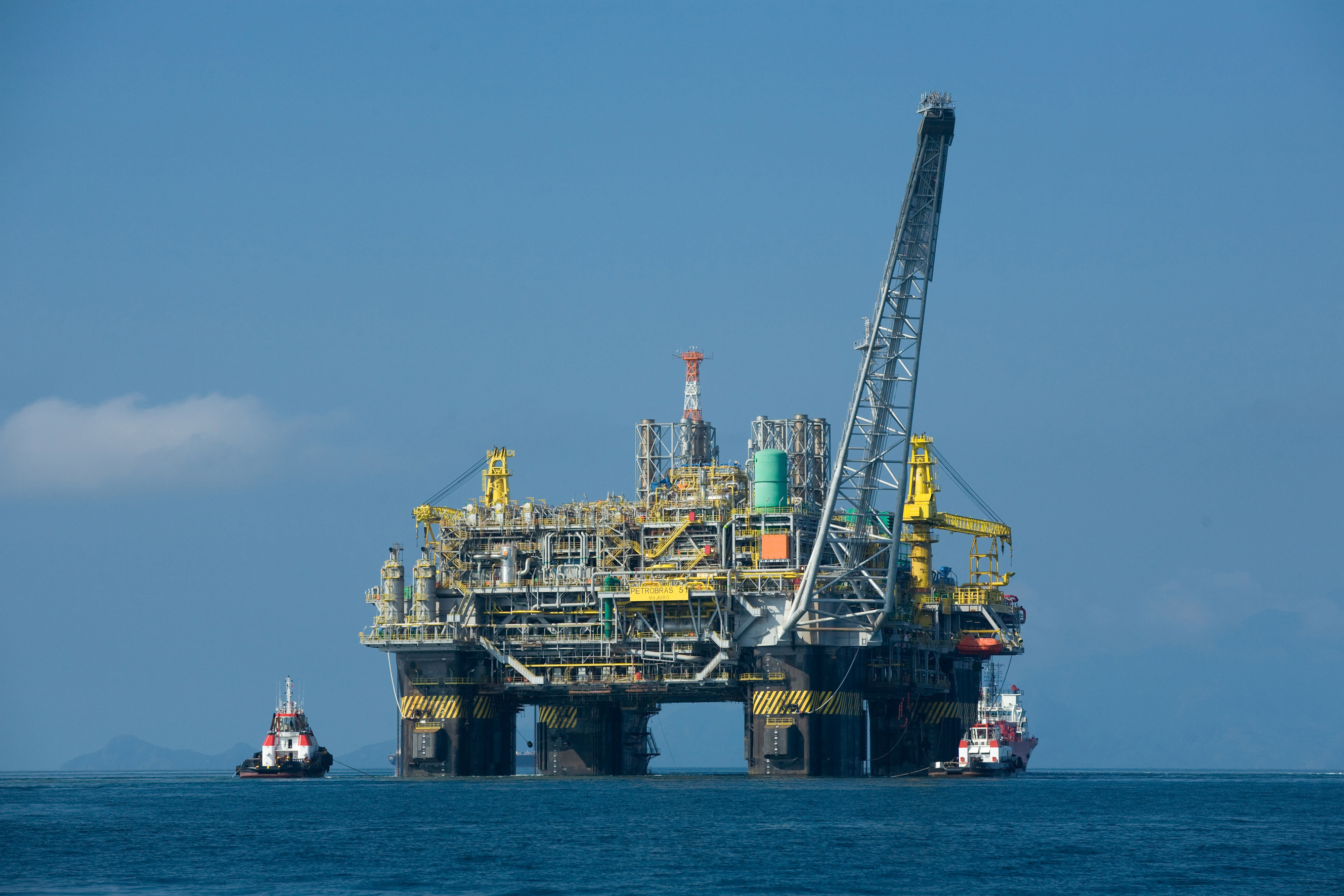
A New Golden Age of Oil?
In a previous post, I took a look at the short-term oversupply of oil, which has caused prices to decline. In particular, increased oil production in the U.S. and Saudi Arabia has added more supply to the market.
But, the oil industry is optimistic about the long-term oil picture as well. Oil discoveries around the world, in addition to increased production from existing sites, have policymakers feeling comfortable about long-term supply.
Reserves of Canadian tar sands are expected to be 170 billion barrels, making Canada’s reserves the third highest in the world (Saudi Arabia and Venezuela have more). The EIA projects that oil sands production could double over the next 15 years.
Offshore discoveries are also causing a stir. Brazil is planning to exploit its vast oil and gas reserves off the coast of Rio de Janeiro. The so-called “pre-salt” (due to the geological location of oil and gas beneath a layer of thick salt) is estimated to have 50 billion barrels of oil equivalent.
Retreating sea ice from climate change are also opening up a vast frontier in the Arctic for new exploration. The USGS estimates that offshore Alaska holds 29 billion barrels of oil. Shell plans on drilling exploratory wells in the Chukchi and Beaufort Seas this summer.
Italian oil company ENI signed a deal with Russia’s Rosneft for joint stakes in oil production offshore Russia. Reserves in the Barents Sea off the coast of Russia are estimated at 36 billion barrels of oil equivalent. That followed on the heels of a deal between Exxon Mobile and Rosneft to develop oil in the South Kara Sea, which is estimated to hold 40 billion barrels of oil equivalent.
The flood of interest in recent years over the Arctic has caused the oil industry to push congress to ratify the Law of the Sea Treaty, which would provide legal certainty for oil and gas exploration.
So, what does all of this mean? It means that maybe the world has ample supplies of oil to satisfy demand for years to come.
The problem with that logic is that while we may technically have oil that could meet demand for decades, it may not be at a price that consumers are willing to put up with. Drilling in the Arctic or beneath salt deposits presents enormous technical challenges. Much of the newly discovered oil may not get produced at current prices, and would need much higher prices to be profitable.
Another way of saying the same thing is that easy and cheap oil is becoming increasingly hard to find. The oil industry wouldn’t be drilling in ultra deepwater or producing unconventional oil if onshore or shallow water drilling could meet world oil demand.
As onshore oil fields mature, cheaper production will decline, leaving us with expensive oil that is less secure and harder to reach. The risk is that by not acting now to develop alternatives to oil, we leave ourselves dependent upon a single commodity that is always going to suffer from price spikes, and present critical national security vulnerabilities. Even though we may not be running out of oil, we shouldn’t rely on oil for our long-term energy security nor should we slow our quest to find alternatives.






